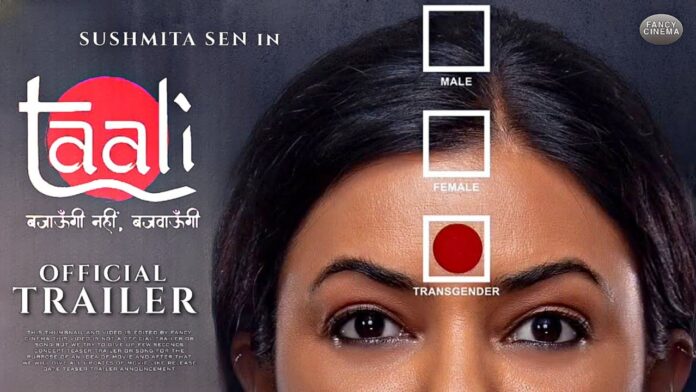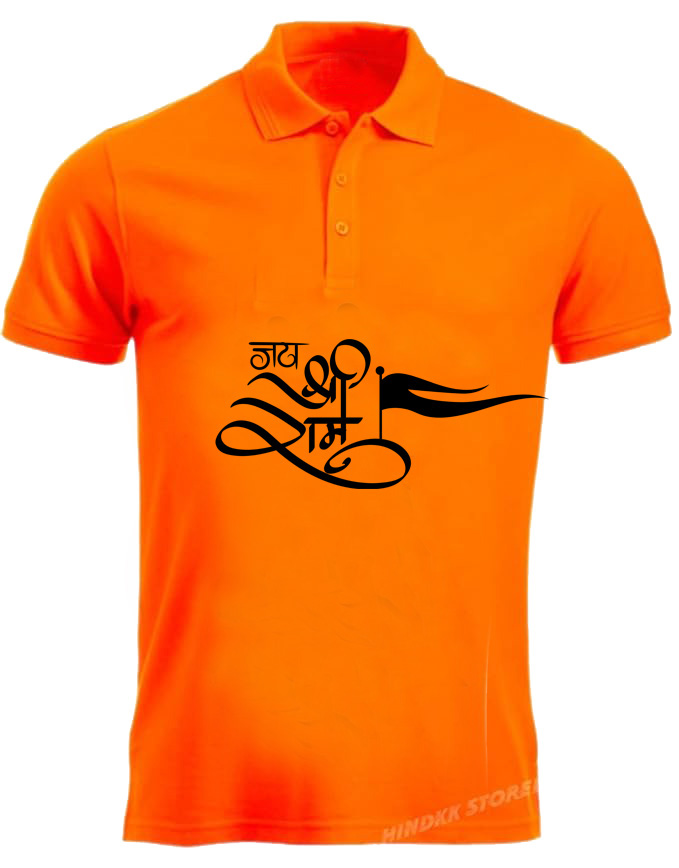Based on the real-life experiences of transgender rights advocate Shreegauri Sawant, Taali charts her journey from being born a boy to a middle-class family to finally recognizing her calling and embarking on a difficult road.
The story of a trans woman who has faced fights to gain equality and identity is the starting point of Taali written by Kshitij Patwardhan’s (credited for both the story and the screenplay). Most city-dwelling cis-gendered people receive two things on a plate. There are times when Sushmita, the show, speaks to the audience in a most sympathetic way. Even if it doesn’t quite succeed, it makes an effort to see Shreegauri Sawant as a human rather than as someone who must go around giving identities to individuals who are having trouble with their pronouns.
Kshitij Patwardhan wrote the script for the show, which was also directed by Ravi Jadhav. Both the writing and the narration are excellent. You will experience shivers in some images and tears in others as you try to comprehend how transgender people were treated. The most emotionally taxing of these events was Gauri Sawant’s estrangement from her policeman-father, which is how the program connects the major turning points of her adventurous life. Nandu Madhav portrays this character admirably. She grows up in a conservative setting, which makes the process much more difficult as she struggles to understand her physiological and emotional confusions.
Gauri must face hostile forces both inside and beyond the transgender community as she transforms from a girl trapped in a boy’s body yearning for acceptance into a confident transwoman to file a petition before the Supreme Court of India for recognition of her community as the third gender. There are pimps and owners of brothels on the one hand. On the other hand, she is hindered by self-appointed orthodoxy guardians and powerful individuals (one of whom is the dean of a hospital, played by Ananth Mahadevan, who takes the brunt of her agression).
Gauri’s journey toward claiming her gender identification is rife with controversy. She cultivates both allies and foes. She gravitates toward advocacy aimed at safeguarding the legal rights of transgenders as her network grows and her fame grows.
Taali, as she put it, is significantly more dependent on Sushmita than on those who initially set out to succeed. The first idea in the show is excellent. To a stereotypical white journalist, Shreegauri Sawant is presenting her narrative in chapters. Since the moment she was born, when she was a boy, she had wanted to be a mother. The narrative progresses as she matures. But for the most part, Taali’s execution only goes so far. There is no deep dive into the life of this inspirational figure. We never meet her alone, in her happiness or doom, the door is always open for other characters to walk in, and even those characters are paper thin one-tone individuals.
Ankur Bhatia portrays a gay activist who is also fighting for equality, to mention just one of the other roles. He does mention that his battle pales in comparison to Sawant’s, but we are never given any further details. What makes him? The show also never explores Gauri’s parenthood, despite the fact that she has always desired to become a mother. She never describes how she had her first child or how she raised them. We first see her in a scene where she sells her gold bracelets to get money for her children; nothing more is said about that later.
Sushmita Sen’s outstanding performance pulls the series through those moments where it starts to lose steam. This is without a doubt the actress’s best performance of her career; she has nailed it. The movie’s supporting cast is also pretty strong. Suvrat Joshi, Krutika Deo (young Ganesh), Ankur Bhatia, and Sheetal Kale, among others, provide excellent support.








